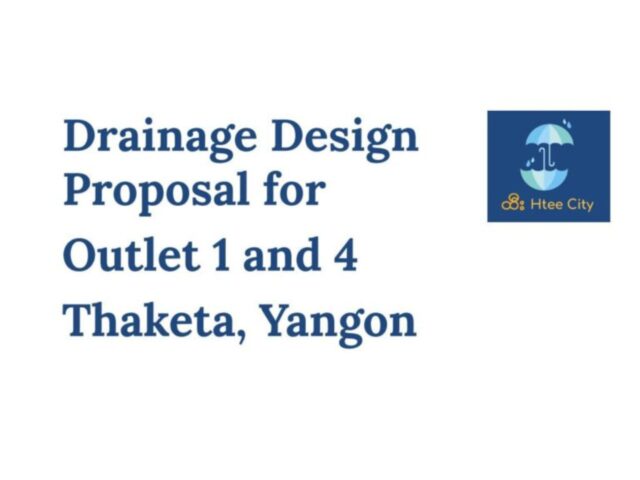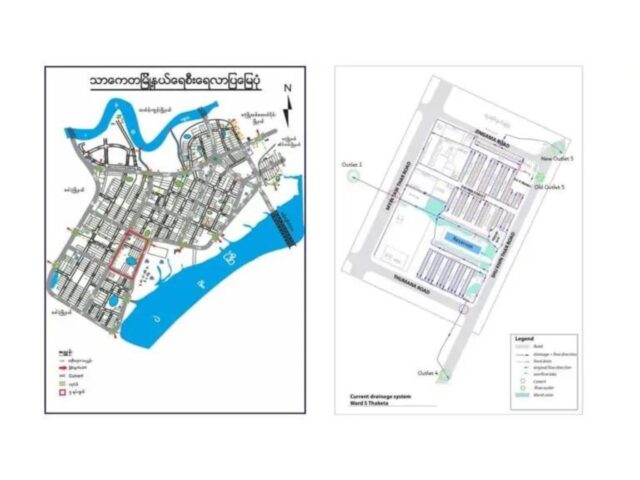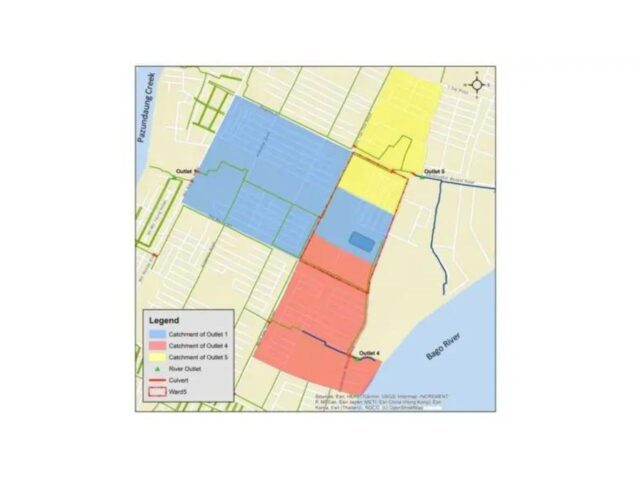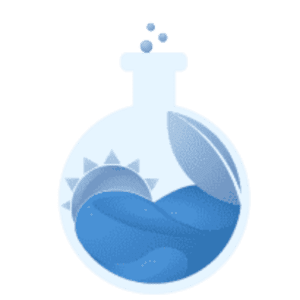Stakeholders that have been involved:
- GAD: Ward officer & Committee Members
- Survey Team: DE + TWA
- Volunteers
- Audience: The whole Ward-5 community.
Engagement with Ward Officer & Committee members
Secondly, the project team informed the Ward Officer and some of the committee members of the Ward-5 about the activity to carry out safely and peacefully throughout the process.
Engagement with Volunteers
There were a total of six volunteers joining the survey and among them, four were able to participate throughout the whole process whilst two were able to join only one day. Furthermore, two of those who joined the whole process were from the Thaketa ward-5 community itself which aims to get more responses from the community to a certain extent by creating a warming environment between them. Seeing that, we could conclude that we, the project team, could successfully engage with our project’s community and build a trusted environment/society during the last phase I of the project.
Engagement with Community
The first two days were the in-person survey and so, every two members of the survey team took charge of each sector (Theingi North, Theingi South & Thumana Sectors) respectively and conducted the survey with the community household by household. The main challenge that they were facing was that not all the community members were willing to participate because of the covid-19 cases and they don’t want to have contact with others, especially outsiders. Another one is that it took a bit of time to answer the questions (around 30 min). In these cases, having two local volunteers was a great help and smoothed the process. And on the other hand, some of the community were warmly welcomed and cooperated with the process and answered enthusiastically.
Process Overview of the Mid-Point Review Planning
Questionnaire Preparation
As part of the planning stage, a full set of questionnaires was developed by the experts together with the project team by arranging a series of meetings and editing process.
The questionnaire set comprises of four main categories such as:
- General Questions: information of household, the awareness of climate change & its impacts, the knowledge on the Htee City-Thaketa Climate Adaptation Pilot projects and the communication channels that the project has been operating.
- Water Supply: the water sources, the availability of safe & clean water for both domestic and drinking purposes and the ways of getting these resources (accessibility), their interests in project’s interventions (Household / Communal Rainwater Harvesting Systems & Water Filter)
- Drainage & Flooding: the conditions of the drainage system, the causes, frequents and impacts (social, economic & environmental impacts) of flooding.
- Working Together: sharing awareness about the above 3 topics with their neighbourhood, general perspectives on the works that have been done by the ward leaders, the Project and finally by YDDC.
Generating a questionnaire into a humanitarian support tool: KoBo Toolbox
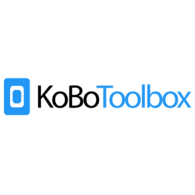
KoBoToolbox, developed by the Harvard Humanitarian Initiative, is an open-source suite of tools for data collection and analysis in humanitarian emergencies and other challenging environments that were built to address this gap. To check more: visit kobotoolbox.org
After translating the whole set of questionnaires into the local language, the project was created and generated the three sets of questionnaires for each group in the Kobo Toolbox both in English and Burmese (Zawgyi & Unicode) versions.
Defining an approach of conducting the survey
As mentioned above, since there were three focused groups, the project team decided to conduct the in-person survey to the Exposed Group; those who did not really engage with the project in the last period since there is nothing to contact with them. Having the exact contact and already built a trusted environment with Direct & General Groups, the project team decided to conduct via phone call to mitigate the risk of transmitting or being infected by Covid-19 and also to save energy from doing the physical activity.
Volunteer Recruitment & Orientation
Firstly, volunteers were recruited for this four-day campaign who have experience in surveying and levelling activity. An announcement was made through the Project Team’s social media group (Yay Sat Project).
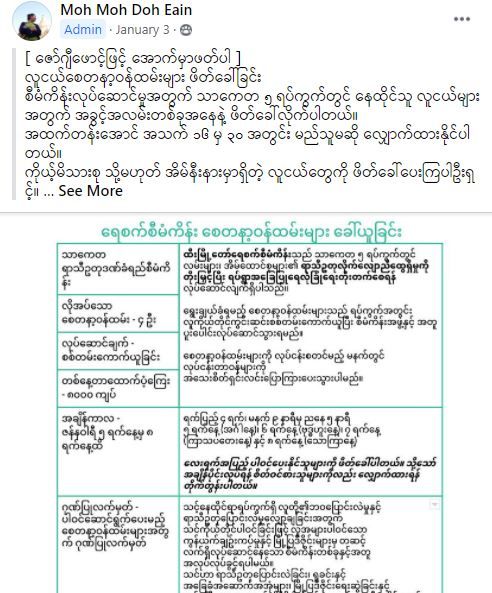
On the first day of the survey, the project team gave the volunteers an orientation and on-site support in conducting surveys with the community for data collection with on-site guidance and support.

